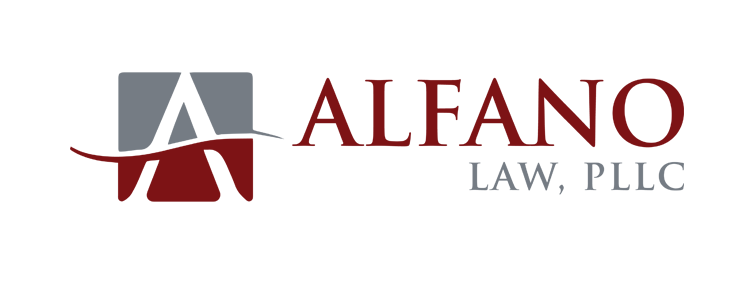What is Probate and How Do I Avoid It?
What is Probate?
Probate is the court-supervised legal process by which a decedent’s will is admitted (recognized) by the court and their assets are distributed to their beneficiaries. As with most court-involved processes, the probate process can be lengthy and confusing. Additionally, because probate records are available to the public, there isn’t any privacy in the process.
Unless an exception found in New Hampshire RSA 553:32 exists, the court will order full probate administration of the probate estate. The exceptions in RSA 553:32 are narrow, and many probate estates will not qualify for it. Essentially, there are three paths to the exception of full probate: passing away with (or without) a will and having only one beneficiary to the estate, having multiple beneficiaries of the estate all serving as co-administrators, and lastly when the sole beneficiary of the will is a trust.
If a waiver of administration is not granted, a probate case can take close to a year or more to settle. This is due to the multiple filings that are required and the six-month statutory creditor claim period. Often, these public filings and the lengthy creditor claim period are reasons someone would want to avoid probate.
How Can I Avoid Probate?
There are several ways to avoid probate. Creating a trust, using beneficiary designations on certain types of accounts, and joint tenancies are some of the more common ways of avoiding probate.
When a person creates a trust, their assets are re-titled into the name of the trust. Because the trust owns the assets, the potential of a probate estate is limited to assets that were inadvertently left out of the trust. An asset is part of a probate estate when the decedent owned the asset solely in their name and there isn’t some form of a beneficiary designation on that asset (as is discussed in the next paragraph).
The second way of avoiding probate is having beneficiary designations on assets. Beneficiary designations are often found in life insurance, 401k/IRA accounts, and bank accounts. When an asset has a beneficiary designation, that asset will not be part of the probate estate and will transfer outside of probate court supervision. Because assets such as cars, real estate and tangible property do not have beneficiary designations, it is important for these assets to be held in a trust or jointly with another person, with the trust being the preferred method.
The last way of avoiding probate is owning property jointly with someone else. When an asset is jointly owned, it automatically becomes the property of the surviving owner when one of the owners passes away. This allows an asset to “transfer” to another person without going through probate. Even though probate avoidance is achieved with this method, it isn’t the preferred way of planning an estate. For example, assume a property is jointly held by husband and wife. If one passes away, the surviving spouse automatically becomes the owner of the property. No probate problem there. Now, let’s assume that husband and wife are in an accident together and they both pass away. After the first spouse passes, the spouse that survives, even momentarily, becomes the owner of the property. The problem then becomes the spouse second to pass owned the property solely in their name, and it becomes a probate asset subject to the court process. If the property were owned by a trust, probate wouldn’t be required for the property, and it would transfer to the beneficiaries as directed in the trust.
Want to Learn More?
Would you like to learn more about probate and how to help your loved ones avoid the public, drawn out process? Give the estate planning professionals at Alfano Law a call to set up and complimentary consultation to discuss your options.
You can contact Alfano Law by calling (603) 856-8411 or at this link.

